Azerbaijan–Italy: A strategic partnership built on trust and energy
Analysing Azerbaijan–Italy relations is truly rewarding, as their partnership demonstrates a distinctive and highly constructive format. The depth of mutual understanding and the promising prospects ahead are remarkable, with trust and mutual respect at the heart of this relationship.
From a geopolitical perspective, a key milestone was the Joint Declaration on Strengthening Multilateral Strategic Partnership, signed in early 2020.
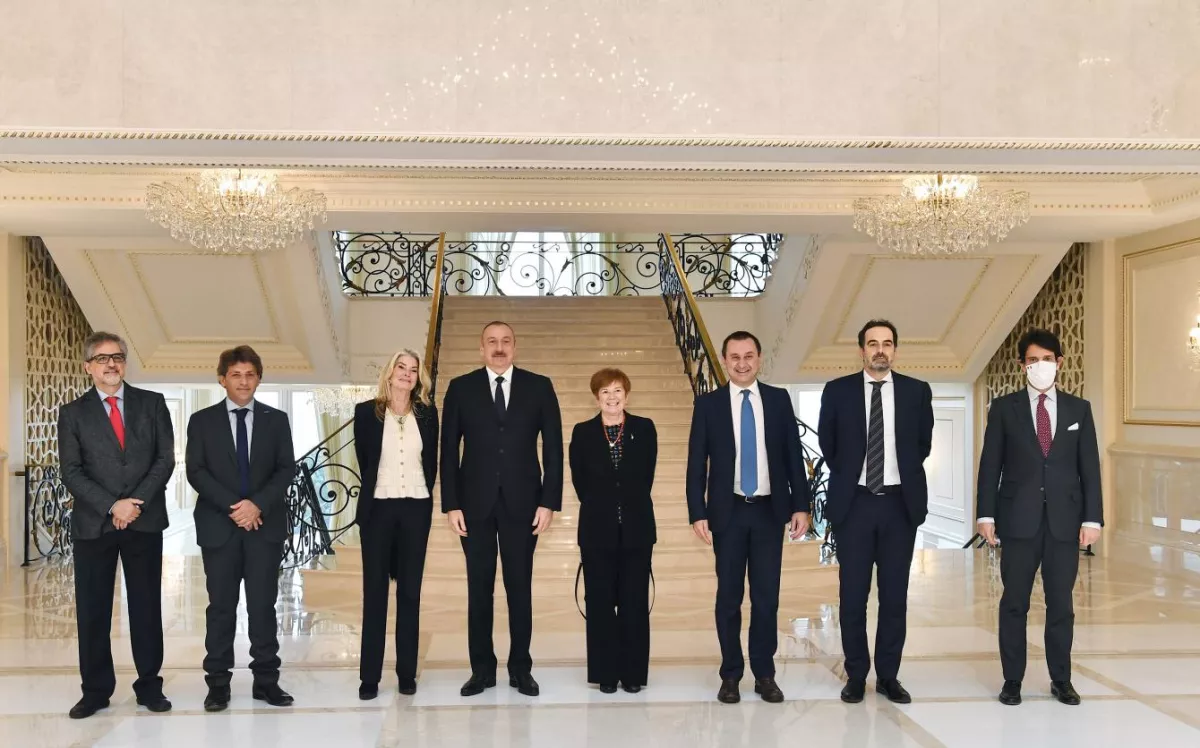
Equally significant was the visit of Italian parliamentarians, led by the Deputy Speaker of the Chamber of Deputies, to Azerbaijan in early December 2020—less than a month after the country’s victory in the Second Karabakh War. During their visit to Ganja, where they witnessed the aftermath of war crimes committed by the Armenian armed forces, President Ilham Aliyev emphasised that the Italian senators were the first European delegation to visit Azerbaijan after the war. The president noted that this was no coincidence, reflecting the rapid development of bilateral relations, which have reached an exceptionally high level.
It is fair to say that this fact highlights the special nature of Azerbaijan–Italy relations. This is further reflected in Italy’s position as one of Azerbaijan’s largest trading partners. From January to August 2025, trade turnover between the two countries reached just under $8.5 billion, marking a 19% increase compared to the same period last year.
A key element of this partnership is the export of Azerbaijan’s “black gold and blue gold”—crude oil and natural gas. In the first seven months of 2025, 5.4 billion cubic metres of gas were delivered from Azerbaijan to Italy via the Trans Adriatic Pipeline (TAP).
By the first quarter of 2025, Italy accounted for nearly 40% of Azerbaijan’s total gas exports, making it the largest European consumer of Absheron gas.
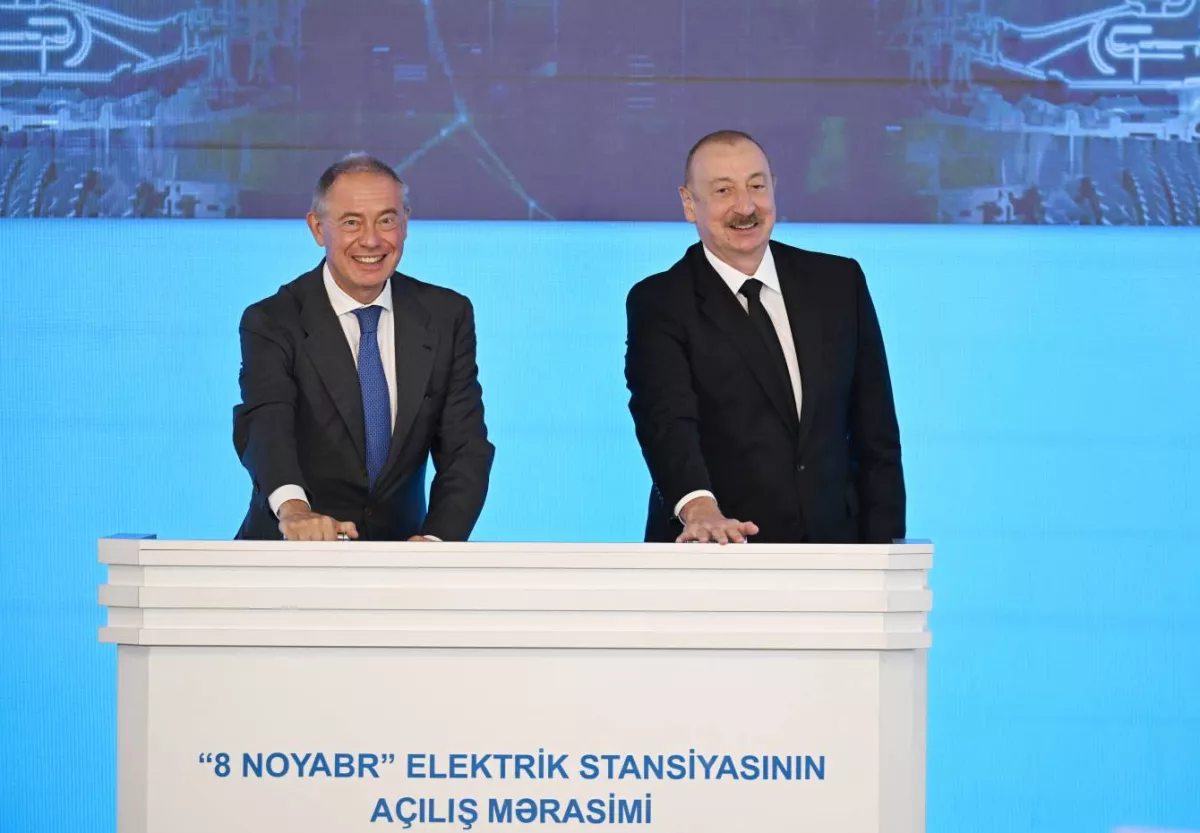
It is also worth noting the completion this summer of a new combined-cycle gas power plant in Mingachevir—a joint project between Azerenerji and the Italian company Ansaldo Energia. According to Italy’s Minister for Enterprise Affairs, Adolfo Urso, this facility marks a decisive step toward achieving Azerbaijan’s energy and environmental goals.
Just a week ago, SOCAR signed an agreement with API Holding to acquire 99.82% of the shares of one of Italy’s leading energy companies, Italiana Petroli (IP).
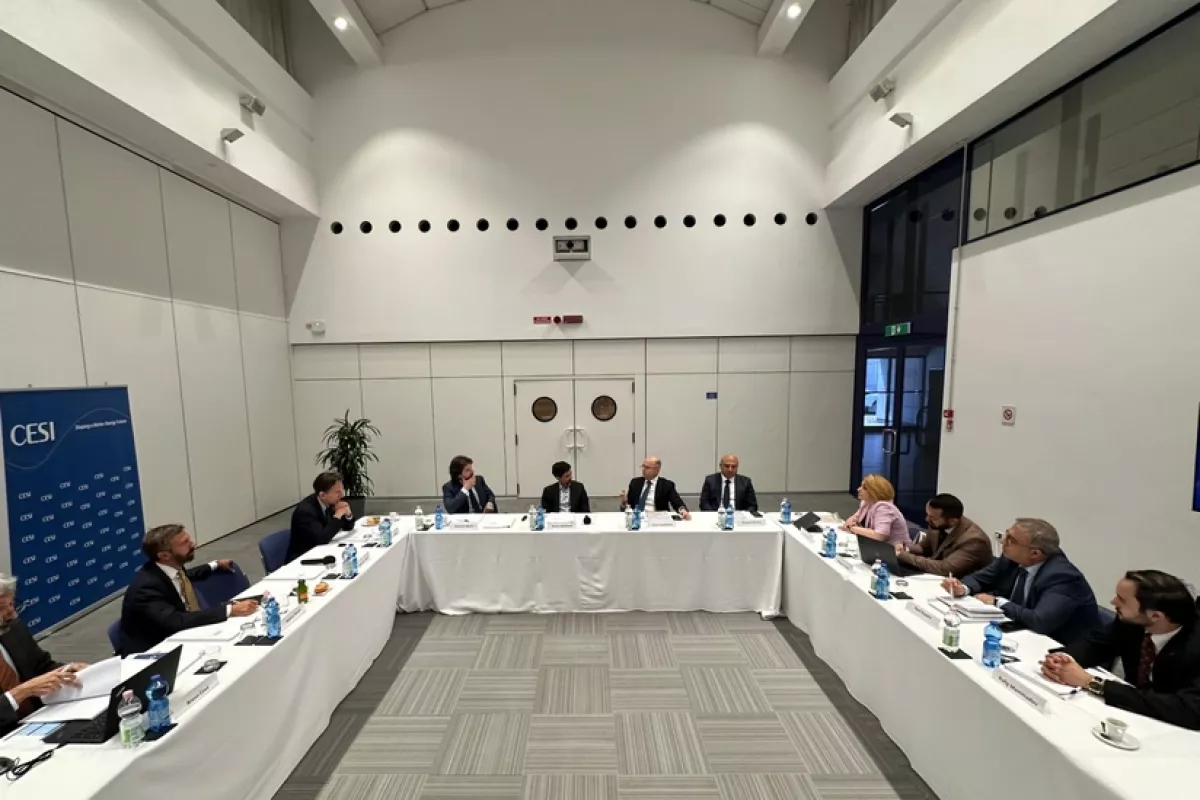
Back in the summer of 2024, the Ministry of Energy of Azerbaijan and the Italian company CESI—one of the world’s leading consulting firms in energy, technology, and innovation, operating in more than 70 countries—discussed cooperation on the “Green Energy Corridor” linking Azerbaijan, Georgia, Romania, and Hungary. The talks focused on a feasibility study for connecting renewable energy capacities to the grid, specifically the Black Sea Energy submarine power cable. By autumn 2024, CESI had presented a report with preliminary results of the feasibility study.
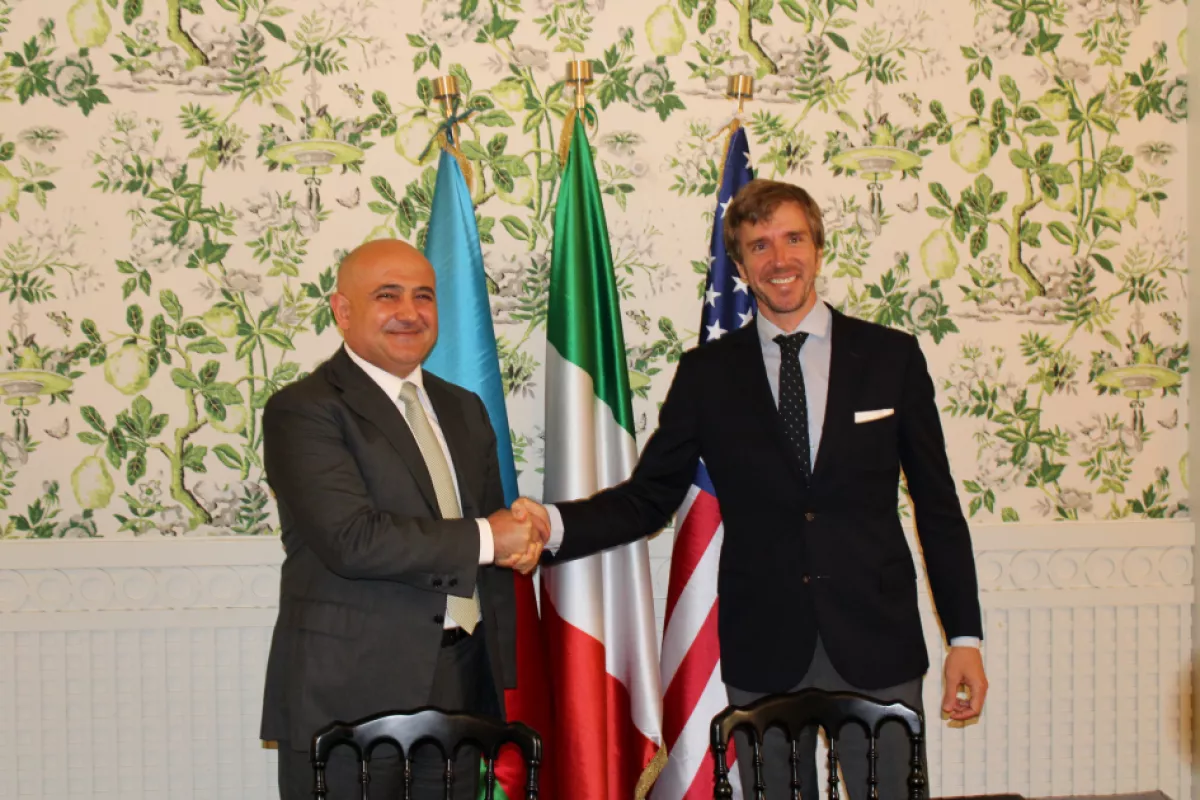
It is also worth noting that the State Oil Fund of the Republic of Azerbaijan (SOFAZ) and the international renewable energy company Enfinity Global signed an agreement under which SOFAZ acquires a 49% stake in a portfolio of solar photovoltaic plants with a total capacity of 402 megawatts, located in Italy. In this way, the Oil Fund has contributed to ensuring the supply of competitive and clean energy to meet Italy’s growing demand for energy resources.
Meanwhile, this summer, Azerbaijan’s and Italy’s agricultural authorities discussed expanding cooperation in the agrarian sector, increasing mechanisation, and the possibility of establishing an Italian Agricultural Centre in Azerbaijan.
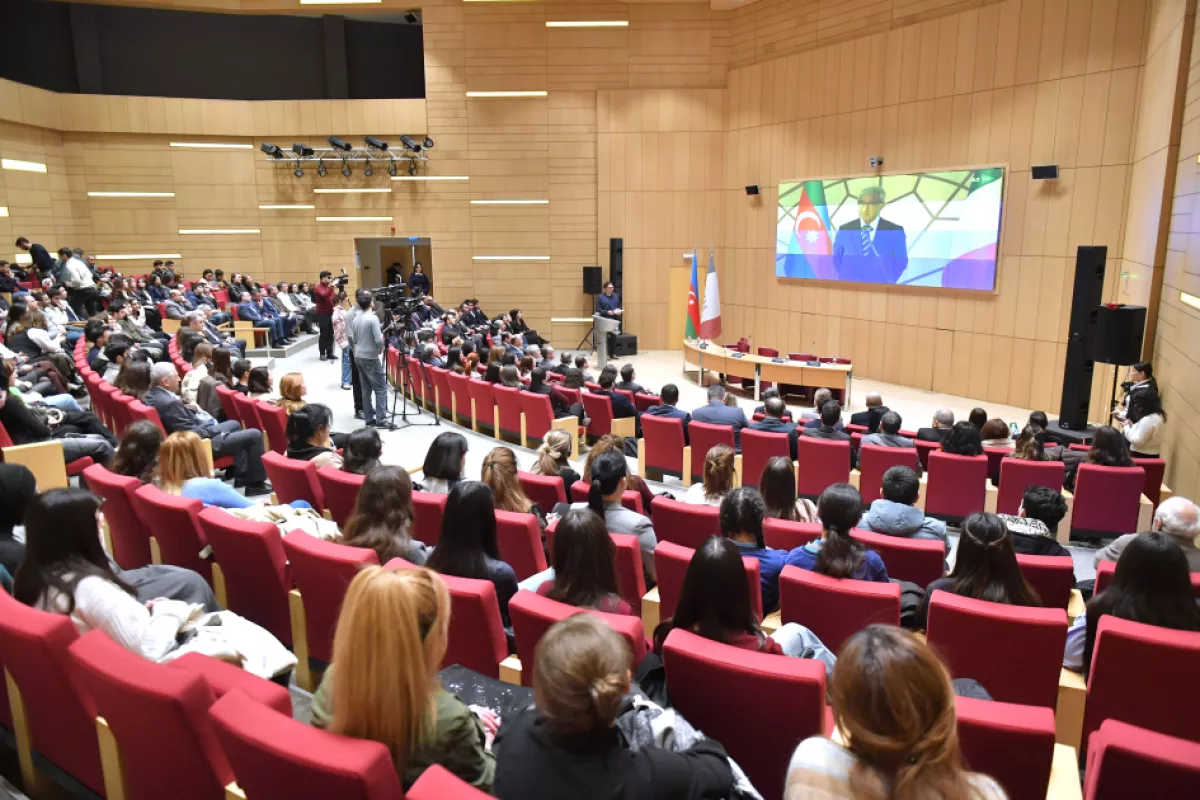
Notably, this year, ADA University launched its first bachelor’s programme in Animal Husbandry under the Italian-Azerbaijani University initiative. It was highlighted that the University of Bologna shares the latest technologies in animal husbandry and the experience of leading industry companies with Azerbaijani youth. This development confirms the growth of Azerbaijan–Italy relations in the humanitarian sphere as well.
Among other important aspects of Italo-Azerbaijani ties is the discussion in early September of ways to stimulate mutual investment and implement joint projects, aimed at further strengthening economic cooperation.
Thus, the statements made by the Presidents of Azerbaijan and Italy the day before were entirely predictable. In particular, the Azerbaijani head of state described the bilateral cooperation of strategic importance as multifaceted, encompassing not only energy and industrial production but also the field of education.
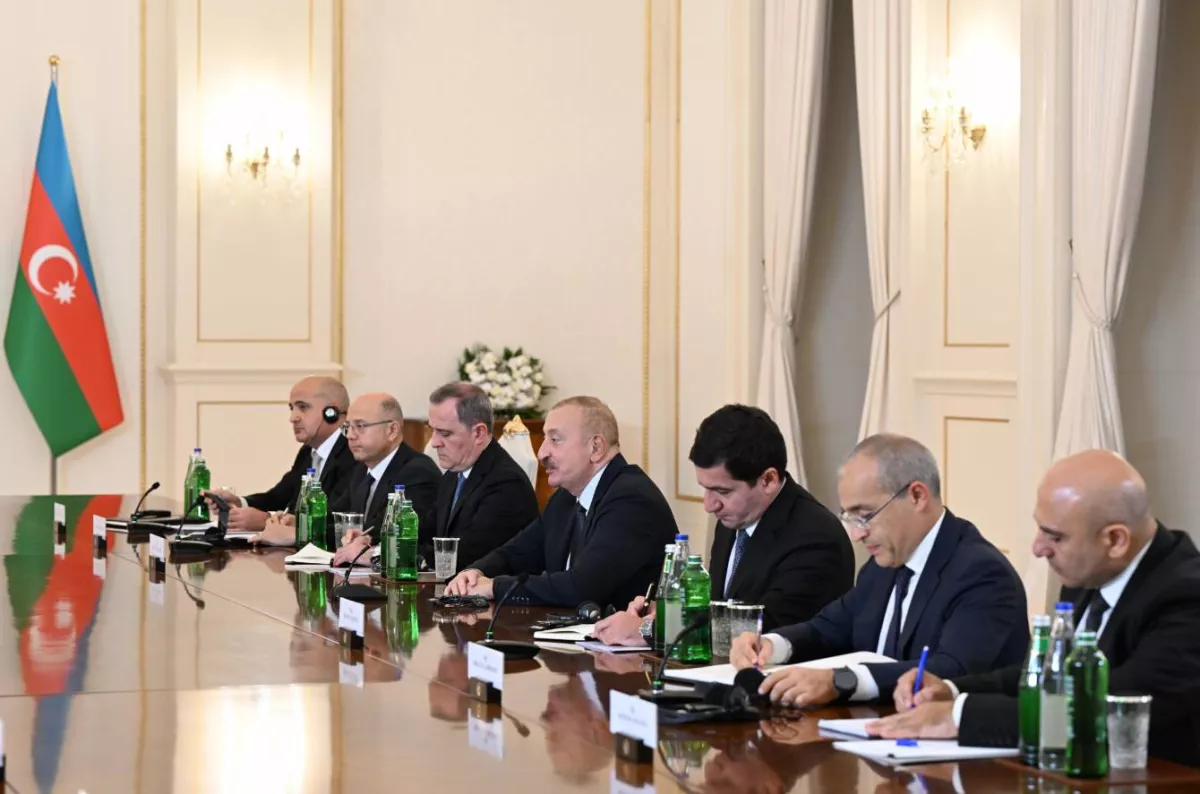
According to Ilham Aliyev, the strategic partnership between the two states is reflected not only in official documents but also in real life and practical actions, including Rome’s support for Azerbaijan’s development of relations with the European Union. In this context, “our experience can serve as an example for building relations between countries located far from each other.”
Sergio Mattarella also emphasised the importance of the strategic partnership, noting that Italy is proud of its friendship with Azerbaijan and intends to elevate it to the highest level.
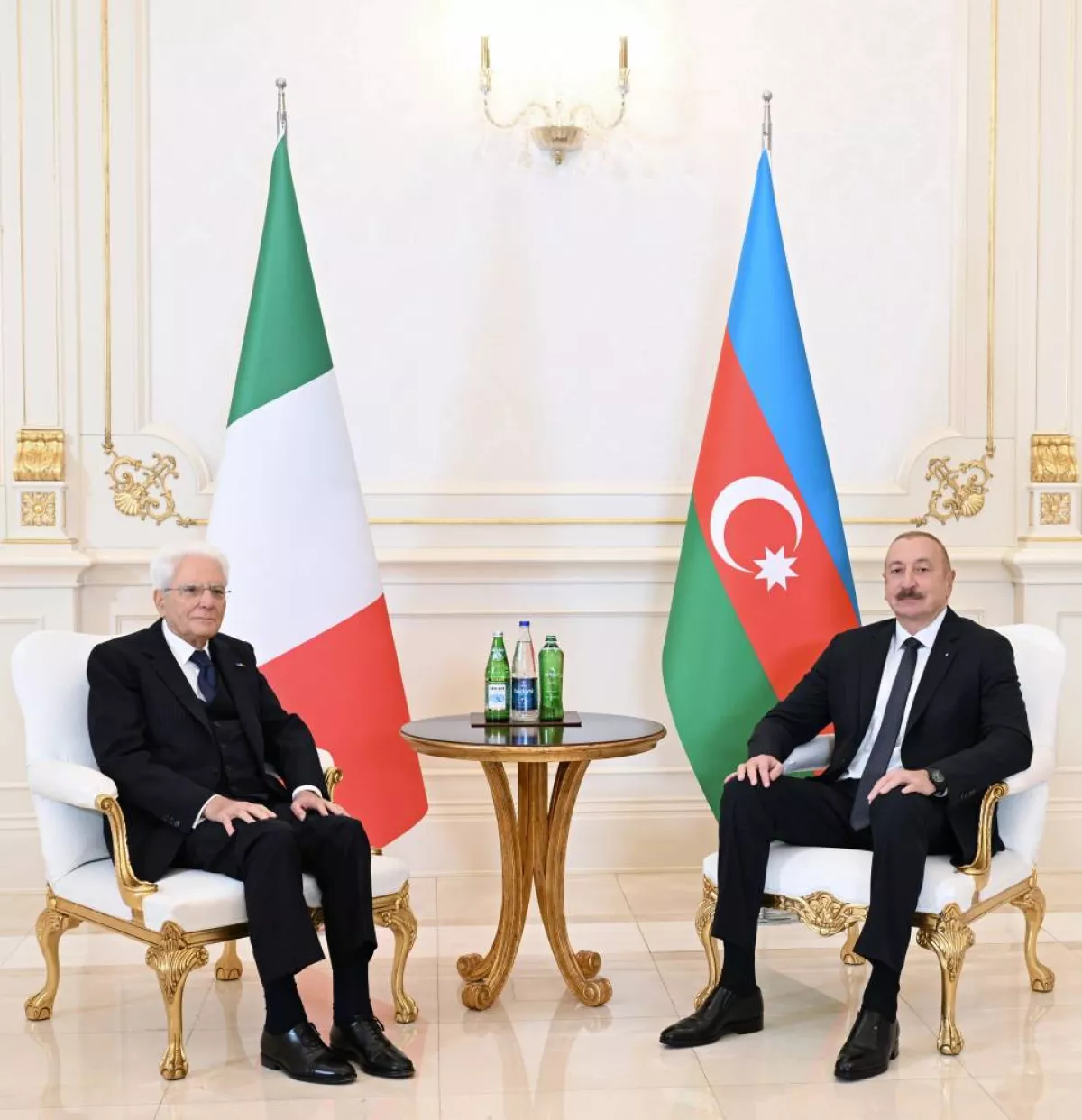
Describing Azerbaijan as a highly influential partner, clearly recognised by the European Union, the Italian President highlighted the importance of bilateral cooperation and stated that “We will do our very best to ensure that these relations grow, develop and always cover more and more new areas, serving the well-being of our countries and peoples.”
Today, the presidents of both countries participated in the opening of the new building of the Italian-Azerbaijani University. As the Azerbaijani President noted, this project is a project of friendship. Hundreds of students are already studying within its framework. These students, as well as future graduates, will not only acquire deep knowledge but also serve as ambassadors of Italy in Azerbaijan and of Azerbaijan in Italy, further reinforcing the friendship between the two nations.
Undoubtedly, the mutual understanding between Azerbaijan and Italy convincingly demonstrates that the global agenda should be shaped not by imposed clashes of civilisations, but by intercultural harmony, as well as interfaith and intercultural dialogue.
For certain well-known vested interests, this marks a stage of turning to the experience of building Azerbaijan–Italy relations, whose prospects are exceptionally far-reaching.








